Did you know that there are five to eight times more Arabic words than Gallic words in the French language? The Arabic language is in fact the third most common language borrowed after English and Italian. Chwaya, the name of our site, is the Maghrebian Arabic term that gave the word "chouïa" in French, to designate a small quantity. So, are you ready to learn a little "chwaya" more?
According to sources, between 450 and 600 French words come directly or indirectly from Arabic, not to mention the specialised scientific vocabulary of astronomy, medicine, chemistry, fauna and flora, of which there are many. For example, more than 500 star names come from Arabic (Archid, Aldébaran, Bételgeuse...).
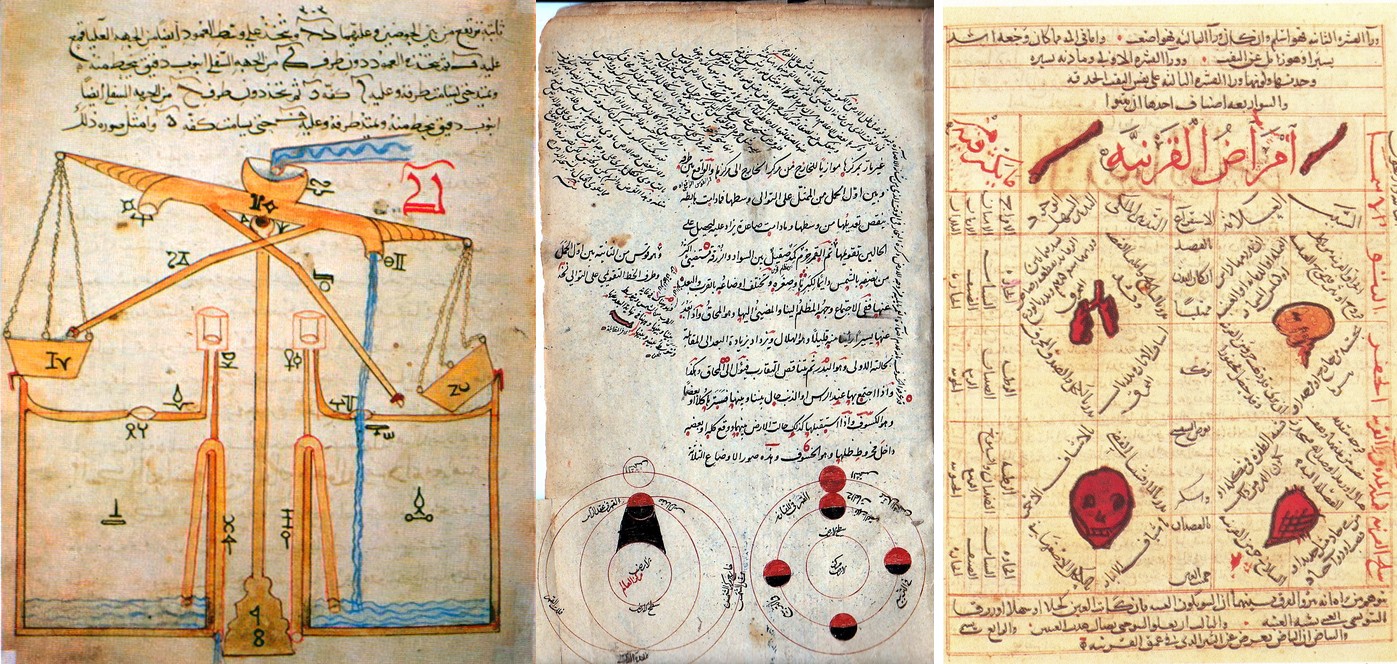
Al-Jazari, invention of a hydroelectric water machine, 13th century - Baha' al-din al-'Amili, astronomical work, 16th century - Avicenna, medical canon, 14th century.
French terms coming directly or indirectly from Arabic
Some French words come directly from the Arabic language, here are a few examples:
- Alcool (alcohol) : الكحول, al-kuḥūl
- Cafard (cockroach) : كافر, kafir (infidel)
- Chiffre (number) : صِفْر, sifr (the same term also gave the word "zero" through the Italian "zefiro".)
- Douane (customs) : ديوان, dīwān (office, administration)
- Girafe (giraffe) : زرافة, zarāfa
- Jaquette (jacket) : جكٌ, jakk (chainmail)
- Mesquin (petty) : مسكين, miskīn (poor)
- Quintal : قنطار, qinṭār (100 kg)
- Raquette (racket) : راحة, rāḥa (palm of the hand)
- Tarif (tariff) : تعريفة, taʿrīfa
Others were transmitted to French language through Arabic and are themselves borrowed from other languages. Here are a few examples:
- Persian: 'échec et mat' (checkmate) comes from the Arabic الشاه مات, aš-šāh māta (the king is dead) which itself comes from the Persian شاه مات, šâh mast (the shah / king is astonished, surprised).
- Sanskrit: the word 'nénuphar' (water lily), نينفر nainūfar itself comes from the Sanskrit nīlōtpala which means blue lotus.
- Ancient Greek: the word 'guitare' (guitar) was transmitted to French language by the Spanish guitara, which comes from the Arabic قثارة, qithara, taken from the ancient Greek kithára (zither).
- Chinese: the 'satin', زيتون zaytūn, is an Arabic transcription of the name of the Chinese city Citong or Tsia-toung, present-day Quanzhou, where satin was produced.
Most French words of Arabic origin were introduced in the Middle Ages
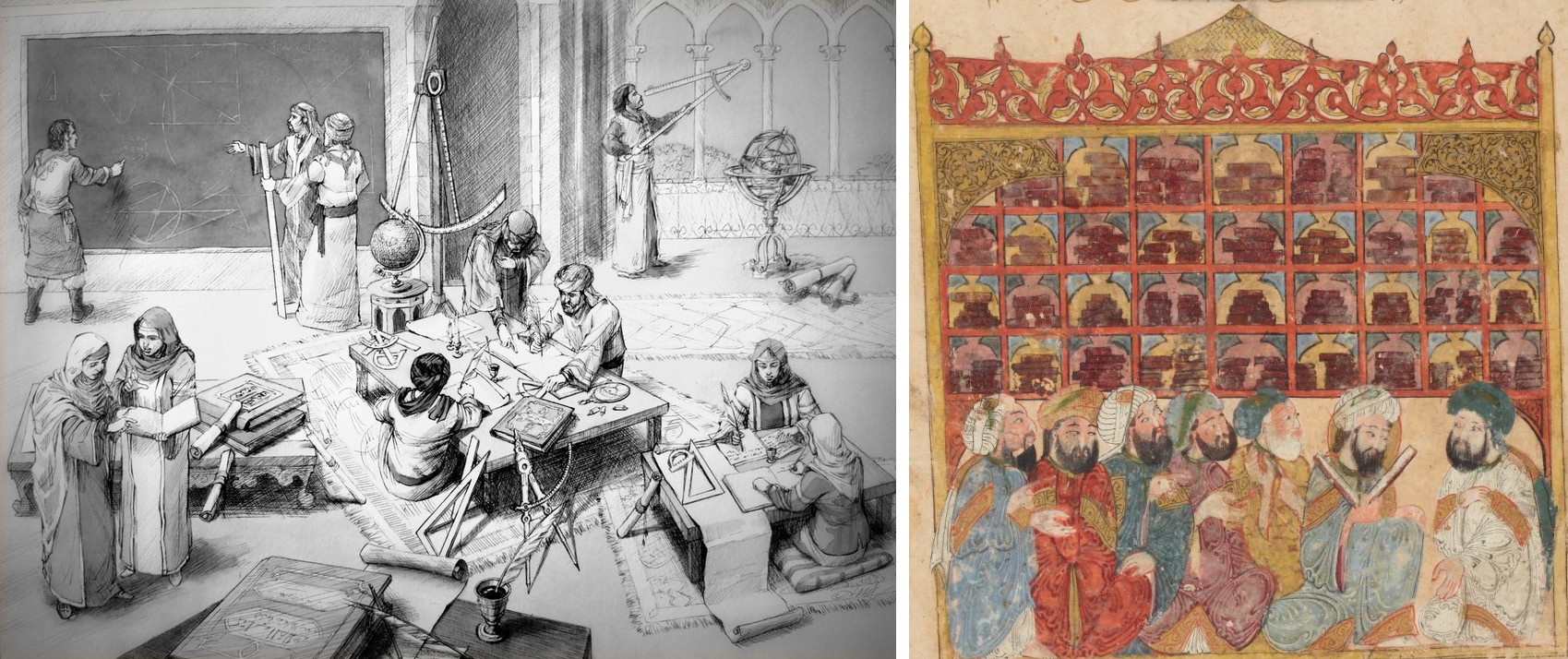
Representations of Houses of Wisdom (bayt al-ḥikma), institutions that appeared at the beginning of the 9th century in the Arab world and were intended for multidisciplinary research. On the right, illustration by Yahya al-Wasiti, 1237.
Languages borrow from those whose culture and economy radiate and which enjoy a certain prestige. This was the case with Arabic in the Middle Ages, then Italian in the Renaissance, French in the 18th century and English in the 19th century. This is why the French language has borrowed the most from English, Italian and Arabic.
In the Middle Ages, and more particularly in the 12th and 13th centuries, the Arab civilization radiated out over the world and included the greatest names in literature, philosophy and science. The Arabic language was therefore a codified learned language with a civilization that was clearly ahead of Western civilization. The Arabs thus brought many words to which were added words from the languages of the Ancients thanks to the Arabic translations of thousands of Greek, Chinese, Indian and other works.
It was therefore at this time that most of the Arabic words in the French language arrived, first mainly through Al Andalus, Muslim Spain, which was a real bridge between cultures. This is the case, for example, of the 'arrobase' used today in our emails and which was then a unit of measurement. It is also the case of the 'abricot' (apricot), the 'coupe' (cup), the 'orange', the 'alcôve' (alcove) and many other terms. Many words have also been directly integrated into the Latin of the clerics and have spread to other European languages. Finally, other terms entered the French language through Italian ('jupe' (skirt)), 'matelas' (mattress)), Portuguese ('mousson' (monsoon)), Turkish ('café' (coffee)), Sicilian, Provençal, and especially Spanish.
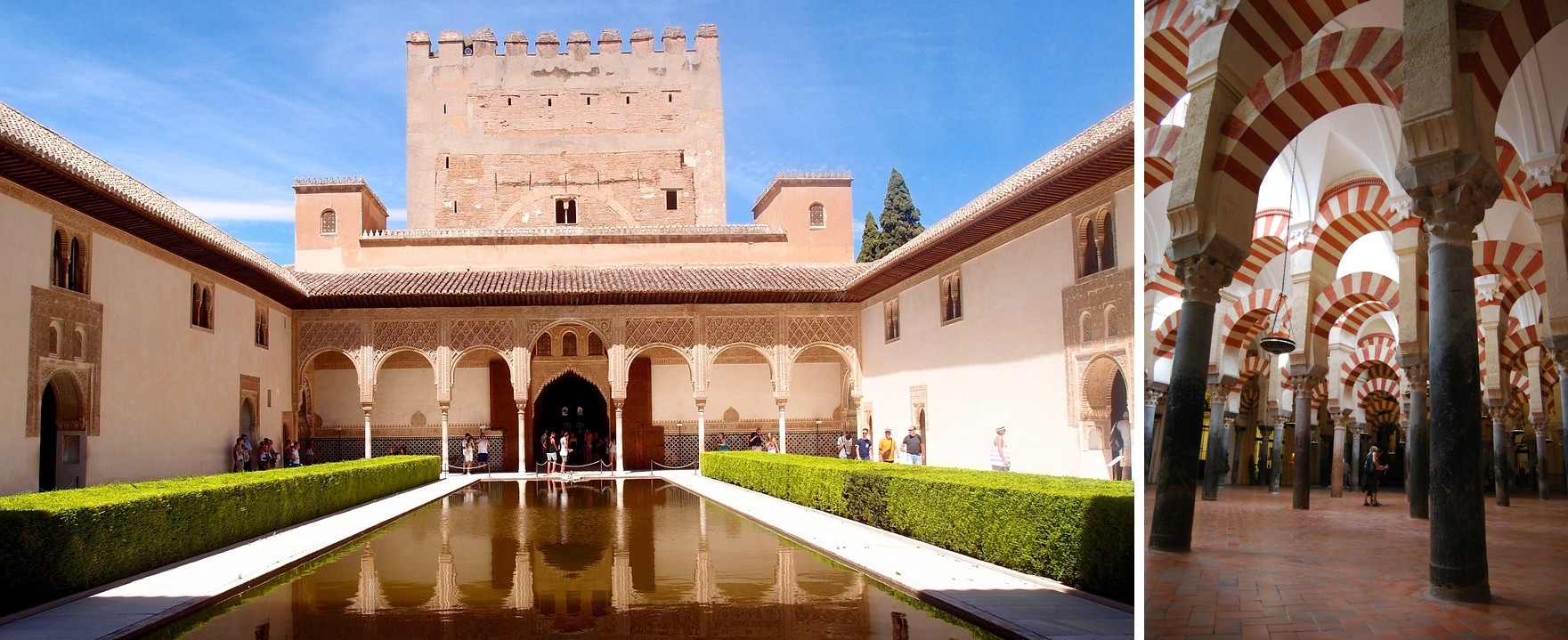
The Alhambra in Granada, Andalusia - Great Mosque of Cordoba, Andalusia.
Some Arabic words also entered the French language orally, notably during the Crusades, then the Renaissance and the Great Discoveries, when many merchants, navigators, diplomats and adventurers travelled through the Ottoman, Persian and Mughal empires.
From colonisation to North African immigration: a new wave of words
Later, colonisation and then decolonisation brought a new wave of Arabic words to the French language, mainly in the popular and familiar register. This is the case of 'chouïa' (chwaya), as we have seen above, but also of 'kif-kif' (same), 'fissa' (quickly), 'toubib' (doctor), 'clebs' (dog) and many others.
Some, like 'zouave' (clown, buffoon), were brought to French by the administration; others like 'bled' (small village), 'barda' (luggage, loading) or 'brêle' (stupid, useless) were used by the colonial troops who used to employ Arabic words to "show off" back in France. With the repatriation of settlers from Algeria in 1962, terms from the culinary register such as 'merguez' (sausage) and 'méchoui' (barbecue) became part of everyday language.
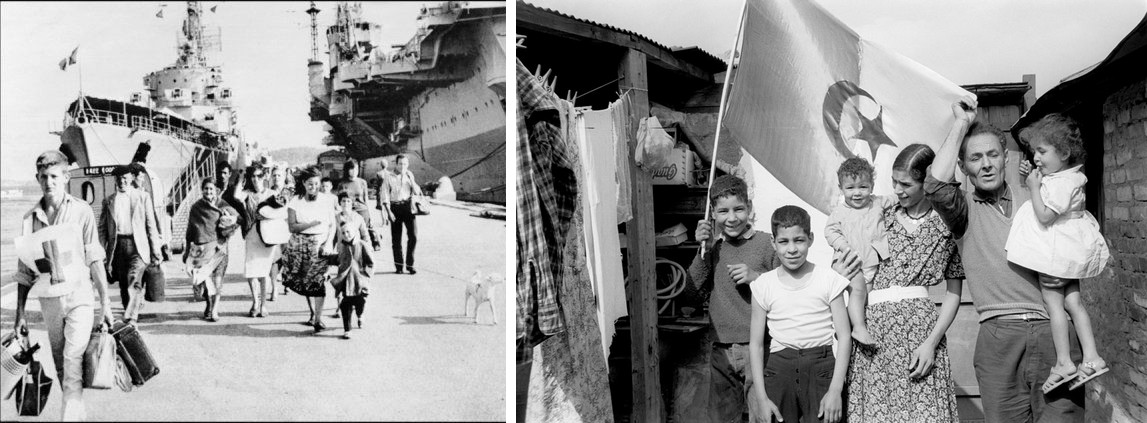
French from Algeria arriving in Toulon following Algerian independence, AFP - Algerian immigrants from the Nanterre shantytown on Independence Day © Monique Hervo, Bibliothèque de documentation internationale contemporaine.
Finally, Maghrebi immigration to France has brought certain words such as 'maboul' (crazy) or 'miskine' (poor thing) and continues to bring them to us, especially in the "language of young people": 'kif / kiffer' (enjoy), 'seum' (hatred, anger), 'beur' (person born in France to Maghreb immigrant parents)...
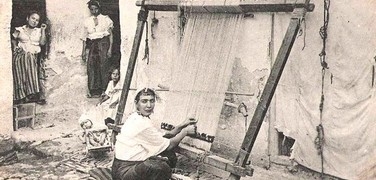 The loom: humanity's first machineRead more
The loom: humanity's first machineRead more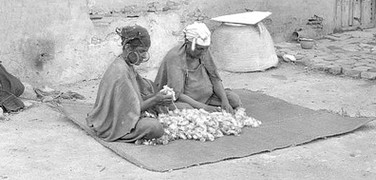 Preparing the wool13/11/2021Posted in: HandicraftRead more
Preparing the wool13/11/2021Posted in: HandicraftRead more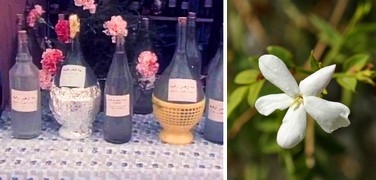 Floral waters / hydrolats in Tunisia: distillation and virtues29/01/2021Posted in: HandicraftRead more
Floral waters / hydrolats in Tunisia: distillation and virtues29/01/2021Posted in: HandicraftRead more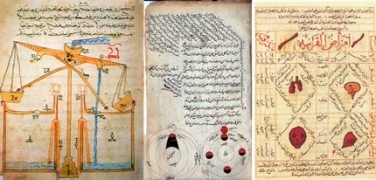 Arabic words in the French language13/01/2021Posted in: CultureRead more
Arabic words in the French language13/01/2021Posted in: CultureRead more Reviving the Tunisian carpet craftswomanship14/12/2020Posted in: HandicraftRead more
Reviving the Tunisian carpet craftswomanship14/12/2020Posted in: HandicraftRead more
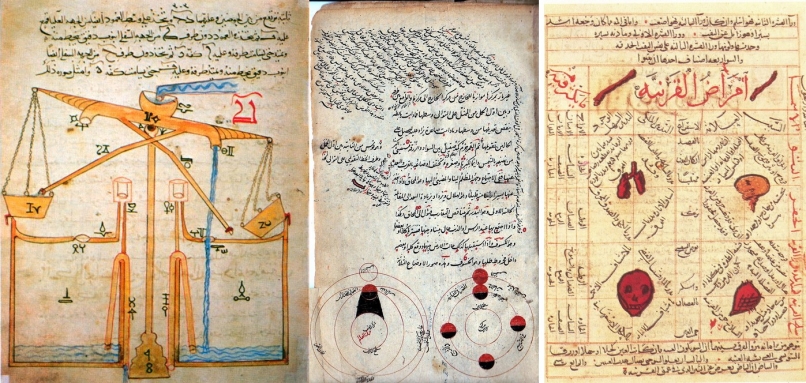




Leave a comment